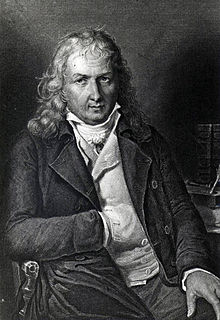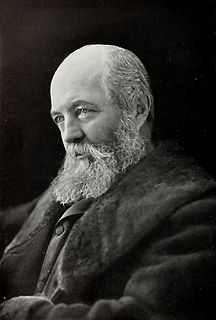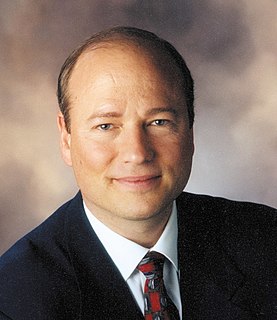A Quote by Jacques-Henri Bernardin de Saint-Pierre
There are few writers of note, of any country or of any age, from whom quotations might not be made in proof of the love with which they regarded Nature.
Related Quotes
The enjoyment of the choicest natural scenes in the country and the means of recreation connected with them is thus a monopoly, in a very peculiar manner, of a very few very rich people. The great mass of society, including those to whom it would be of the greatest benefit, is excluded from it. In the nature of the case private parks can never be used by the mass of the people in any country nor by any considerable number even of the rich, except by the favor of a few, and in dependence on them.
Only love for the Supreme Lord is true Bhakti. Love for any other being, however great, is not Bhakti. The "Supreme Lord" here means Ishvara, the concept of which transcends what you in the West mean by the personal God. "He from whom this universe proceeds, in whom it rests, and to whom it returns, He is Ishvara, the Eternal, the Pure, the All-Merciful, the Almighty, the Ever-Free, the All-Knowing, the Teacher of all teachers, the Lord who of His own nature is inexpressible Love."
To love their country has been considered as virtue in men, whose love could not be otherwise than blind, because their preference was made without, a comparison; but it has never been my fortune to find, either in ancient or modern writers, any honourable mention of those, who have, with equal blindness, hated their country.
Government ought to be as much open to improvement as anything which appertains to man, instead of which it has been monopolized from age to age, by the most ignorant and vicious of the human race. Need we any other proof of their wretched management, than the excess of debts and taxes with which every nation groans, and the quarrels into which they have precipitated the world?"
The mathematician starts with a few propositions, the proof of which is so obvious that they are called self-evident, and the rest of his work consists of subtle deductions from them. The teaching of languages, at any rate as ordinarily practiced, is of the same general nature authority and tradition furnish the data, and the mental operations are deductive.
Many of our miseries are merely comparative: we are often made unhappy, not by the presence of any real evil, but by the absence of some fictitious good; of something which is not required by any real want of nature, which has not in itself any power of gratification, and which neither reason nor fancy would have prompted us to wish, did we not see it in the possession of others.
That historians should give their own country a break, I grant you; but not so as to state things contrary to fact. For there are plenty of mistakes made by writers out of ignorance, and which any man finds it difficult to avoid. But if we knowingly write what is false, whether for the sake of our country or our friends or just to be pleasant, what difference is there between us and hack writers? Readers should be very attentive to and critical of historians, and they in turn should be constantly on their guard.
I am very willing to admit that I have some poetical abilities, and as few - if any - writers, either moral or political, are intimately acquainted with the classes of mankind among whom I have chiefly mingled, I may have seen men and manners in a different phasis from what is common, which may assist originality of thought.
...in any land, in any country under modern free competition, to lay any class of weak and despised people, be they white, black, or blue, at the political mercy of their stronger, richer, and more resourceful fellows, is a temptation which human nature seldom has withstood and seldom will withstand.
The human understanding is a revelation from its maker, which can never be disputed or doubted. There can be no scepticism, Pyrrhonism, or incredulity or infidelity here. No prophecies, no miracles are necessary to prove this celestical communication. This revelation has made it certain that two and one make three, and that one is not three nor can three be one. We can never be so certain of any prophecy, or the fulfilment of any prophecy, or of any miracle, or the design of any miracle, as we are from the revelation of nature, that is, nature's God, that two and two are equal to four.



































